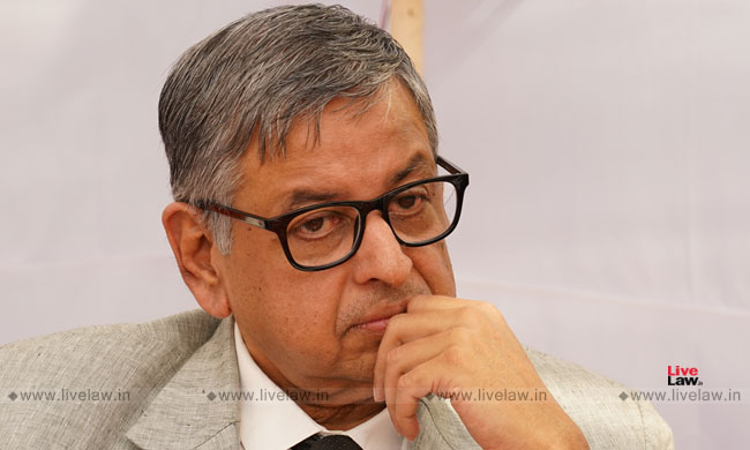Justice Aniruddha Bose Recuses From Hearing NLSIU Appeal Against Karnataka HC Order Quashing 25% Domicile Reservation
Srishti Ojha
2 Aug 2021 12:25 PM IST

Justice Nageswara Rao has confirmed that the matter will be listed infront of a Bench that Justice Aniruddha Bose is not a part of.
Next Story


